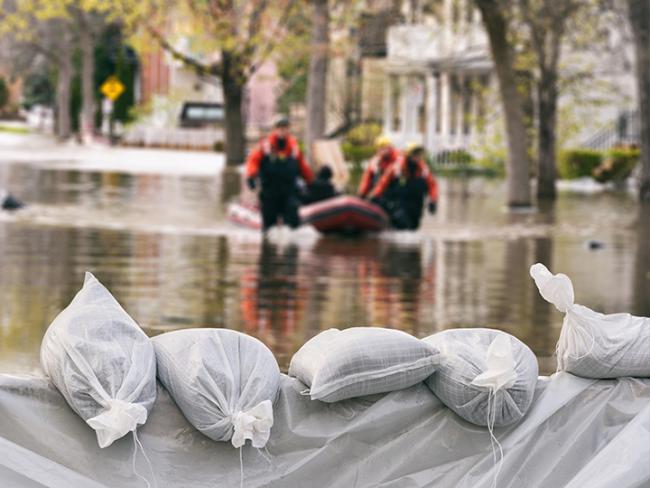
The numbers associated with Hurricane Harvey are becoming clear: 51 inches of rain, more than 134,000 Houston-area residences flooded or destroyed, an estimated $180 billion in damages. The long-term human impact, however, won’t be known for years.
The Hobby School of Public Affairs at the University of Houston has begun to look for answers.
The survey will follow as many as 2,000 people in Harris, Montgomery, Fort Bend and Brazoria counties over five years to record both what recovery looks like for individuals and neighborhoods and what policies could help people prepare for future disasters. The results also will gauge public support for flood mitigation and other proposals.
The Hobby School was created to address public policy in Texas, and Executive Director Jim Granato said Harvey provides a perfect opportunity to match policy with the state’s needs.
“We want to see how people react and recover in the face of a disaster like Harvey,” Granato said. “If we know how they react, we can recommend policies to address recovery.”
Future surveys also will be used to gauge public support for specific proposals, including support for how to pay for them, he said.
The first round of surveys will begin next week, reaching out to a randomized sample of people in the four counties by both landline and mobile phones. Cell phones are likely to be more heavily represented than in previous Hobby School surveys, said Associate Director Renée Cross, because so many people are still displaced.
The project involves what is known as a panel survey, following the same group of people over a number of years. In addition to Granato and Cross, researchers involved with the survey are Pablo Pinto, director of the Center for Public Policy, and Rice University political scientists Mark Jones and Bob Stein.
The collected data will address several issues:
- What was the experience of Houston-area residents before, during and after Hurricane Harvey?
- How did residents’ prior experiences with severe weather – including hurricanes Rita and Ike – shape their response to Harvey?
- What policy proposals regarding flooding abatement do Houston-area residents prefer?
- Where do people get their information during a catastrophic event?
The initial survey includes questions about preparation and the early stages of recovery, from whether people bought batteries, bottled water, generators and the like beforehand to questions about whether they left home before or after the storm, with whom they evacuated and what impact, if any, the storm had on their home, property and employment.
A survey planned for spring 2018 will include questions about specific flood abatement proposals and funding mechanisms, Cross said. It and subsequent surveys will also gauge the pace of recovery – whether a resident’s home has been remodeled, for example.
Cover photo: Getty Images